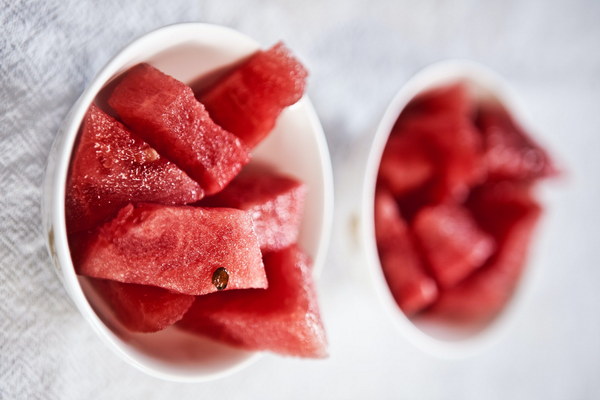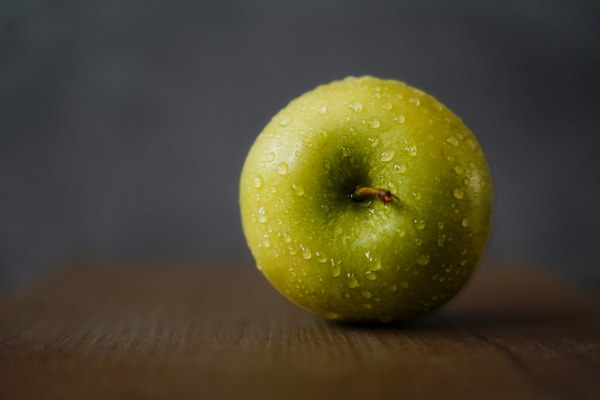Effective Renal Function Dietetic Methods A Comprehensive Guide
Introduction:
Kidney function is crucial for maintaining overall health and well-being. However, due to various factors such as lifestyle choices, genetics, and underlying health conditions, kidney function can decline over time. To support kidney health, adopting a renal function dietetic method is essential. In this article, we will explore the key components and principles of a renal function diet, offering a comprehensive guide to maintaining optimal kidney health.
1. Understanding Kidney Function:
The kidneys are vital organs responsible for filtering waste products, excess fluids, and electrolytes from the blood. They also produce urine, regulate blood pressure, and maintain the balance of minerals and hormones in the body. Kidney function can be assessed through blood and urine tests, which measure levels of creatinine, urea, and electrolytes.
2. Principles of a Renal Function Diet:
A renal function diet aims to reduce the workload on the kidneys by limiting certain nutrients and substances. Here are some key principles:
a. Protein Intake: Limiting protein intake is crucial in a renal function diet. High protein foods can increase the workload on the kidneys, as they produce waste products that the kidneys must filter. Opt for low-protein foods such as fruits, vegetables, grains, and legumes.
b. Sodium Intake: Excessive sodium can lead to fluid retention, high blood pressure, and increased kidney workload. Aim to consume no more than 2,300 milligrams of sodium per day, and consider using herbs and spices instead of salt for flavor.
c. Potassium Intake: While potassium is essential for proper bodily functions, excessive intake can be harmful to individuals with compromised kidney function. Choose low-potassium foods such as apples, bananas, oranges, and rice.
d. Phosphorus Intake: High phosphorus levels can contribute to the progression of kidney disease. Limit phosphorus-rich foods such as dairy products, nuts, and processed foods.
e. Fluid Intake: Depending on your kidney function, fluid intake may need to be adjusted. Consult with a healthcare professional to determine the appropriate fluid intake for your specific condition.
3. Sample Renal Function Diet Plan:
Breakfast:
- Oatmeal made with low-sodium chicken broth
- A slice of whole-grain toast
- A small bowl of mixed berries
Lunch:
- Grilled chicken breast
- Quinoa salad with cucumbers, tomatoes, and a vinaigrette dressing

- A small apple
Snack:
- A handful of almonds
- A banana
Dinner:
- Baked salmon
- Roasted asparagus
- Brown rice
- A small pear
4. Additional Tips:
- Read food labels carefully to monitor sodium, potassium, and phosphorus content.
- Cook at home to have better control over the ingredients and portion sizes.
- Stay hydrated by drinking water, herbal teas, or infused water with fruits or vegetables.
- Limit alcohol and caffeine consumption.
- Consult with a registered dietitian or healthcare professional for personalized dietary advice.
Conclusion:
Adopting a renal function dietetic method is essential for maintaining kidney health. By following the principles outlined in this article, individuals can reduce the workload on their kidneys, support overall well-being, and potentially slow the progression of kidney disease. Always consult with a healthcare professional for personalized advice and guidance on managing kidney function.









